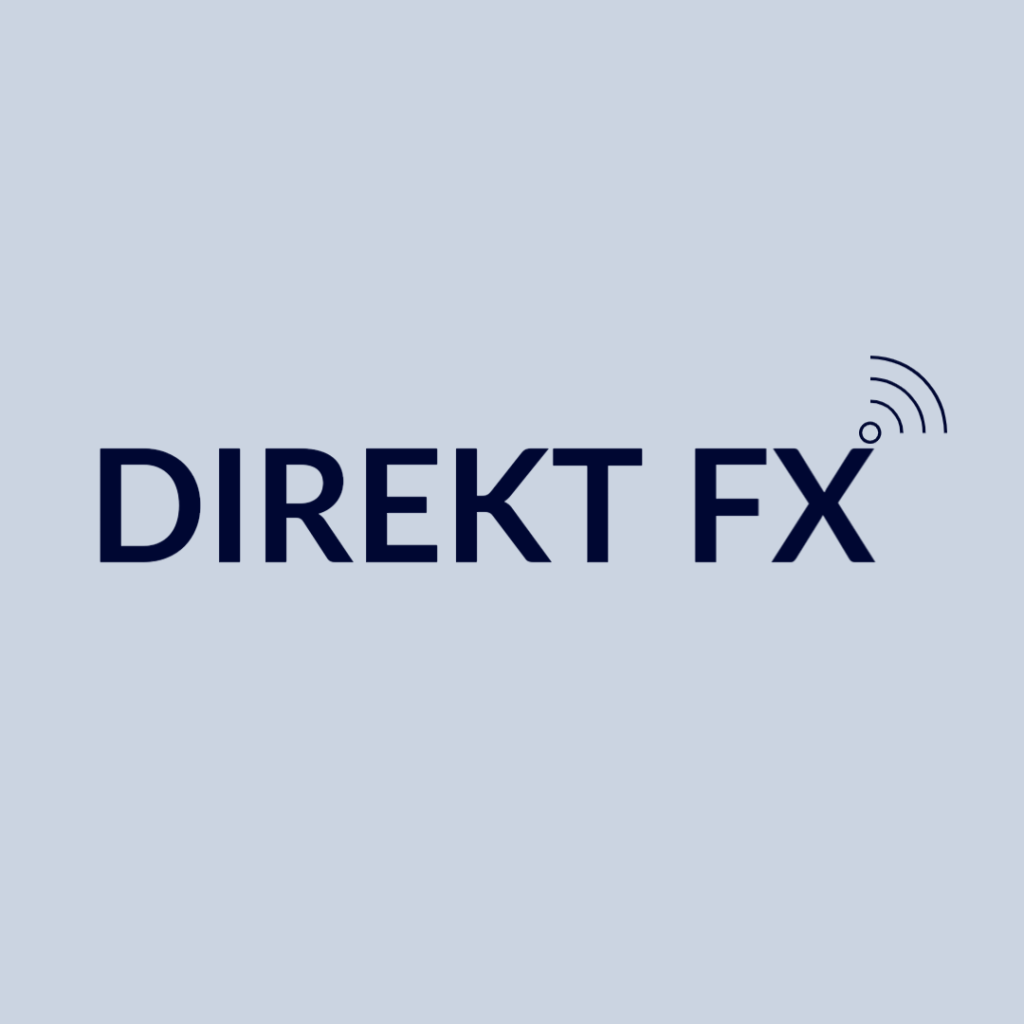
Comparing Market Makers Vs. ECNs – Which is Better?
The market makes, and ECNs are crucial for order execution by buying or selling financial instruments and digital assets. However, both work differently to buy or sell these instruments. Often called liquidity providers, market makers take the opposite position than yours, while the ECNs simply match the orders.
Let’s dive deep into understanding the difference between market makers vs. ECNs and how they work.
What are Market Makers?
Market Makers are financial entities or individuals facilitating trading in financial markets, such as stocks, currencies, or commodities. They play a vital role in ensuring that there is always liquidity in the market, which means there are buyers and sellers for various assets.
How do They work?
When traders place orders, Market Makers match them with their inventory to ensure successful trades. They profit from the spread and manage risk by observing their positions.
Although Market Makers help to improve market liquidity, their role can sometimes lead to potential conflicts of interest. To ensure fairness and transparency in trading, regulations are introduced.
Why You Should Choose Market Makers?
- Liquidity Providers: Market Makers enhance market liquidity. They stand ready to trade when there are no buyers or sellers, thus ensuring that trading can occur at any time, even in less active markets.
- Narrow Spreads: Market Makers typically offer narrower spreads than the ECNs. When you purchase or sell an asset, the difference between the two prices (buying and selling) is the spread. This can lead to cost-effective trading for investors.
- Predictable Pricing: Market Makers often provide more stable and predictable pricing, which can be advantageous for traders who prefer a consistent and less volatile trading experience.
Get featured on our home page and get lead-generation opportunities by registering with us as a liquidity provider.
What are ECNs?
Electronic Communication Networks, or ECNs, are digital platforms that connect buyers and sellers directly. They function as a marketplace for matching orders from various participants.
ECNs or Electronic Communication Networks are platforms that provide traders with direct market access. They match buy and sell orders from various participants and aggregate prices from different sources, leading to competitive spreads.
ECNs also display the depth of the market, ensuring transparency in order execution. They offer reduced conflicts of interest and operate 24/7, making them attractive to traders seeking direct access to the market, competitive pricing, and transparency.
Why You Should Choose ECN Brokers?
- Direct Market Access: ECNs provide direct access to the market. Traders can interact with other market participants without an intermediary. This transparency can attract those who prefer complete control over their trades.
- Competitive Spreads: ECNs typically offer competitive spreads since they aggregate prices from multiple sources. This can lead to tighter spreads, benefiting traders by reducing trading costs.
- Depth of Market: ECNs often display the depth of the market, showing the available orders at different price levels that help make informed decisions.
Market Makers Vs. ECNs – What’s the Difference?
Now, let’s understand the difference between the market makers and ECNs.
| Differentiating Factor | Market Makers | ECNs |
| Role | Act as counterparties to traders’ orders, taking the opposite position. | Match buy and sell orders directly among market participants without acting as a counterparty. |
| Pricing | Set their prices, which may not always mirror the market. | Aggregate prices from multiple sources, offering competitive and often tighter spreads. |
| Transparency | Prices may not always reflect the market, leading to potential conflicts of interest. | Offer real-time market prices and depth of the market, ensuring transparency in pricing and execution. |
| Liquidity | Ensure liquidity by providing continuous buy and sell quotes. | Enhance liquidity by directly connecting buyers and sellers, providing a wide pool of participants. |
| Trading Hours | Operate 24/7, offering trading opportunities outside regular market hours. | Available 24/7, providing continuous access to the market. |
| Spreads | Offer narrower spreads, which may be fixed or variable. | Provide competitive spreads, often with variable pricing, especially during high volatility. |
| Order Matching | Act as the other side of the trade, matching orders internally. | Match orders from different traders, ensuring efficient and direct order execution. |
| Conflicts of Interest | May raise concerns about conflicts of interest, as they could benefit from traders’ losses. | Reduce conflicts of interest as they do not act as counterparties and do not profit from traders’ losses. |
Bottom Line
Market Makers and ECNs are two options for trading. Market Makers offer predictability and narrow spreads but can have conflicts of interest. ECNs offer transparency, direct market access, and competitive spreads, but pricing may need to be more predictable. Consider your needs and trading style before making a decision.
Find the right liquidity provider and engage with industry leaders by signing up for free on our platform.





